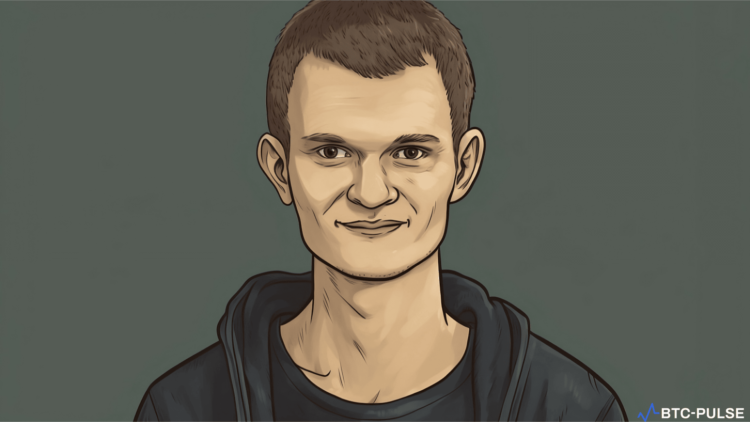Ethereum Co-Founder’s Warning
Vitalik Buterin, the co-founder of Ethereum, has expressed worries regarding decentralized autonomous organizations (DAOs) exerting a monopoly over the selection of node operators in liquidity staking pools.
The Underlying Issue
In a recent blog post, Buterin delved deep into the matter. He stressed the potential risks when staking pools adopt the DAO approach for governance, cautioning about malicious actors possibly compromising the system.
Citing Specific Examples
Buterin highlights the liquid staking provider Lido with its DAO that validates node operators. Despite Lido’s precautions, he feels a single layer of defense might fall short. On the flip side, Rocket Pool offers anyone the chance to become a node operator with an 8 Ether deposit. Yet, this too comes with inherent risks.
The Need for Restriction
While emphasizing the importance of having a mechanism to identify eligible node operators, Buterin acknowledged the associated challenges. A system that is too open could be exploited by attackers.
A Possible Way Forward
In an attempt to present a solution, Buterin suggests promoting a diverse range of liquid staking providers in the ecosystem. This could curtail the dominance of any single provider, thereby reducing systemic risks. However, he also pointed out that sole reliance on moralistic pressures isn’t a sustainable long-term strategy.
In Summation: Balancing Security and Decentralization
The issues raised by Vitalik Buterin shed light on a crucial balance that the crypto world, especially Ethereum staking pools, need to strike. As DAOs play a more significant role in governing staking pools, it’s imperative to ensure that they don’t pave the way for monopolies or vulnerabilities. While the proposed solutions such as promoting diversity among staking providers seem promising, they are not devoid of challenges. The journey ahead will necessitate continuous vigilance, adaptation, and collaboration to ensure that the foundational ethos of decentralization doesn’t compromise security.










